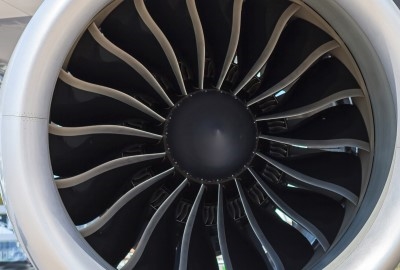IATA executive: “Energy producers miss golden opportunity of SAF”
The demand for sustainable aviation fuel (SAF) from airlines is far outstripping the mobilization of resources for the production of this alternative fuel. Energy producers seem to be missing the ‘golden opportunity’ of producing SAF, says Marie Owens Thomsen, Senior Vice President Sustainability & Chief Economist at IATA, the International Air Transport Association.
In an analysis in the IATA website, Marie Owens Thomsen states that SAF is the only proven solution to replace traditional aircraft kerosene. As part of its industry sustainability strategy, IATA estimates that SAF will represent around 62% of carbon abatement necessary to reach net zero CO2 emissions by 2050. In 2022, SAF production reached 300 million liters, a 200% year-on-year increase. However, this constituted only 0.1% of aviation’s total kerosene consumption for the same year.

Disappointment about pace
The IATA executive aired her disappointment about the pace of development of the SAF market. “The SAF market is in its infancy, and energy producers are slow to seize what should be a golden opportunity, especially considering that the price of SAF is 2 to 4 times higher than that of kerosene. Normally, in more mature markets, a high price stimulates production until demand is satisfied, at which point the price moderates. The fact that the sustainable fuels market is not currently following this pattern is a sign that other constraints are hindering its development.”
Constraints
One constraint is that public and private money continues to flow abundantly into the fossil energy sector – over USD 1 trillion in 2023. In addition to the lack of investment in renewable energy as a whole, there is the disadvantage of the low share of kerosene in total refinery production. Marie Owens Thomsen: “In 2022, refineries allocated 25% of their capacity to gasoline production and only 8% to kerosene production. “Air transport therefore plays a very limited role in the profit optimization of an oil company, and the incentive to invest substantial sums in the production of sustainable aviation fuels, despite their high price, is low.”


